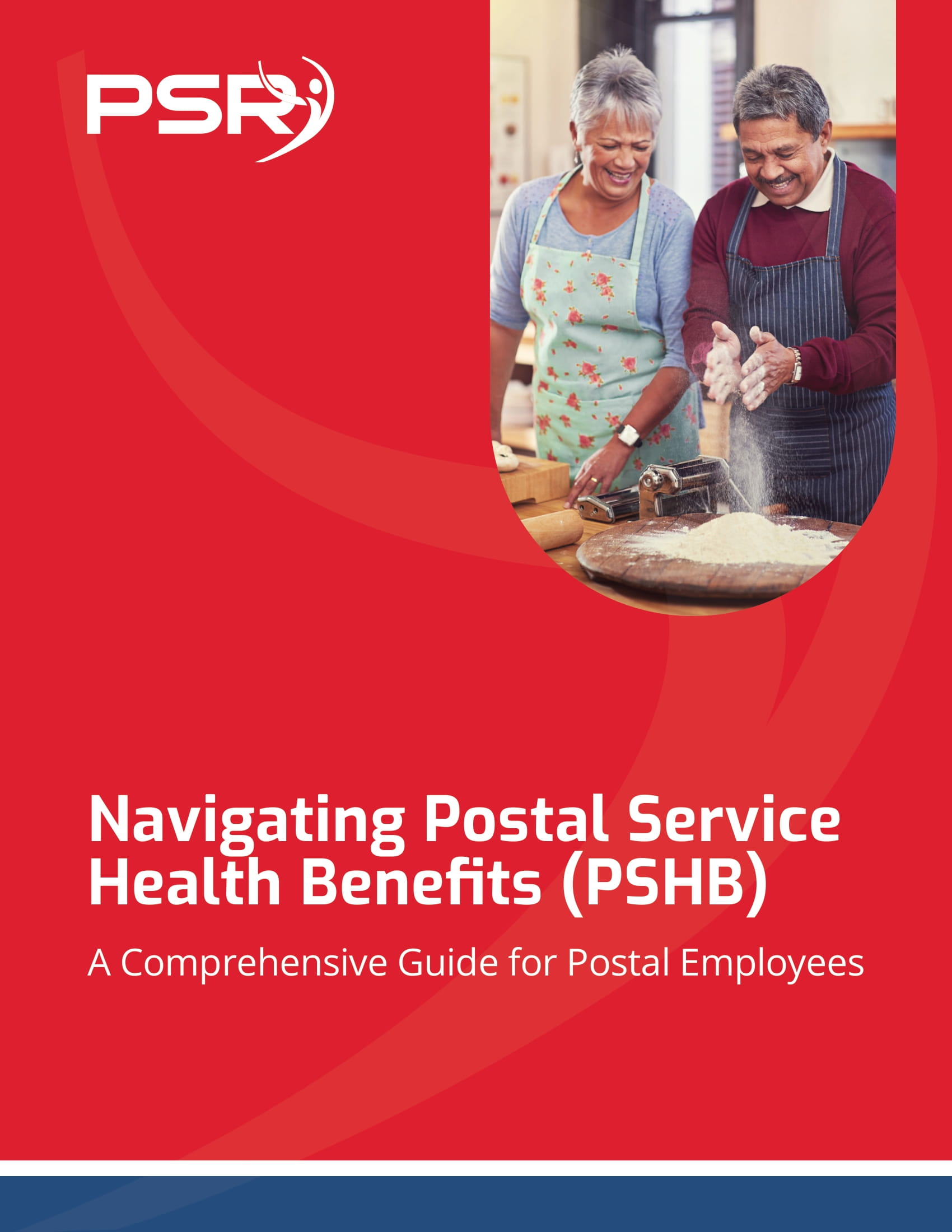Key Takeaways
-
Electing a survivor benefit is the only way to ensure your spouse continues to receive a portion of your federal annuity after your death.
-
Failing to elect this benefit at retirement—or removing it later—can result in permanent financial loss for your spouse, with limited options for correction.
Understanding the Survivor Benefit Election
When you retire under the Federal Employees Retirement System (FERS) or the Civil Service Retirement System (CSRS
- Also Read: Divorce and Your Federal Pension—What Happens When You Split Assets and How It Could Affect Your TSP
- Also Read: What Happens to Your Federal Benefits After Divorce? Here’s the Lowdown
- Also Read: The Best FEHB Plans for 2025: Which One Fits Your Lifestyle and Budget the Best?
The survivor benefit provides your spouse with a portion of your monthly annuity—up to 50% under FERS and up to 55% under CSRS. But it only works if you elect it in writing at retirement.
Why the Decision Matters More Than You Think
If you do not choose a survivor benefit when you retire—or cancel it after retirement—your spouse is left without ongoing income from your annuity. That means no guaranteed monthly payments, no cost-of-living adjustments, and no continued access to certain health benefits.
For many retirees, this oversight isn’t discovered until it’s too late. And by then, even a legal will cannot override your original retirement election.
Timeline: When and How You Must Elect It
You must make the survivor benefit election at the time of retirement. The Office of Personnel Management (OPM) requires this decision on your retirement application (SF 3107 for FERS, SF 2801 for CSRS). You may:
-
Elect a full survivor annuity, which reduces your own monthly annuity by about 10% but gives your spouse up to 50% of your annuity after you die.
-
Elect a partial survivor annuity, which reduces your annuity by approximately 5% and provides up to 25% to your spouse.
-
Choose no survivor annuity, but only with your spouse’s notarized written consent.
What Happens If You Skip the Election?
If you retire and fail to elect a survivor benefit—and your spouse does not provide written consent—OPM will automatically reduce your annuity to cover a full survivor benefit. This is designed to protect your spouse by default.
But if you are not married at retirement, no reduction is made, and no survivor benefits will exist unless you later marry and take steps within two years to elect a new survivor annuity.
The Two-Year Window After Marriage or Remarriage
If you marry after retirement, you can still elect a survivor benefit for your new spouse—but you must do so within two years of the marriage. This election requires:
-
A written request to OPM
-
An actuarial reduction in your annuity
-
Possibly repaying the difference in benefits that would have been withheld had the election been made earlier
Missing this two-year window means your spouse will not be eligible for a survivor benefit—ever.
Divorce Complicates the Equation
If you divorce after retirement, your survivor election can be affected in several ways:
-
If you had elected a survivor benefit for your now ex-spouse, it is automatically cancelled unless a court order mandates its continuation.
-
If you remarry, the new spouse is not entitled to the survivor benefit unless you submit a new election within the required time.
-
A divorce court order can grant your former spouse a survivor annuity even if you do not want them to have one, and this can reduce your annuity.
Reviewing your divorce decree and coordinating with OPM early is essential to ensure there are no surprises.
Survivor Benefits and Health Insurance Access
Under FERS and CSRS, continued health insurance coverage through the Federal Employees Health Benefits (FEHB) Program depends on electing a survivor annuity. If your spouse does not receive a survivor benefit, they cannot continue FEHB coverage under your record after your death.
This detail is often overlooked, but it can leave your spouse without health insurance when they may need it most.
Cost vs. Security: Is It Worth Electing?
While it’s true that electing a survivor annuity reduces your monthly retirement income, that reduction provides significant peace of mind:
-
Your spouse receives guaranteed monthly payments for life.
-
The payments are adjusted for inflation through cost-of-living increases.
-
Health benefits can be preserved.
If you forgo the survivor benefit to increase your own annuity, the short-term gain could result in long-term loss for your spouse.
Making Changes After Retirement: What Are the Limits?
After retirement, your ability to make changes to the survivor benefit election is extremely limited. You may:
-
Cancel a survivor election only with your spouse’s written and notarized consent
-
Add a new survivor after marriage or remarriage within two years
-
Comply with a court order in divorce to maintain or assign a survivor benefit
You cannot:
-
Add a survivor benefit for a spouse after two years have passed since your marriage
-
Reinstate a survivor benefit after canceling it (unless tied to divorce or death of the original spouse)
What If Your Spouse Passes First?
If your spouse dies before you, your survivor annuity deduction stops—but you do not automatically regain all the funds previously withheld. You will receive your full annuity going forward, but past reductions are not refunded.
You should notify OPM immediately upon your spouse’s death so they can adjust your annuity accordingly.
Planning Ahead to Protect Your Family
You should start discussing survivor annuity options well before your retirement date. Consider the following steps:
-
Estimate your spouse’s future needs, especially if they do not have their own pension or substantial savings
-
Weigh the cost of reducing your annuity against the financial protection it offers
-
Confirm your election choice with your spouse, and discuss it with a licensed professional if necessary
The right decision often depends on the specifics of your household finances, health, age difference, and whether your spouse has access to other income streams.
Don’t Leave It to Chance—Your Family’s Security Depends on It
Failing to elect a survivor benefit—or waiting too long to correct a misstep—can jeopardize your spouse’s financial future and healthcare access. The rules around elections, deadlines, and eligibility are strict, and exceptions are rare.
If you’re nearing retirement or reviewing your benefits, now is the time to make informed decisions. Speak with a licensed professional listed on this website to help you evaluate your options and avoid costly mistakes.












